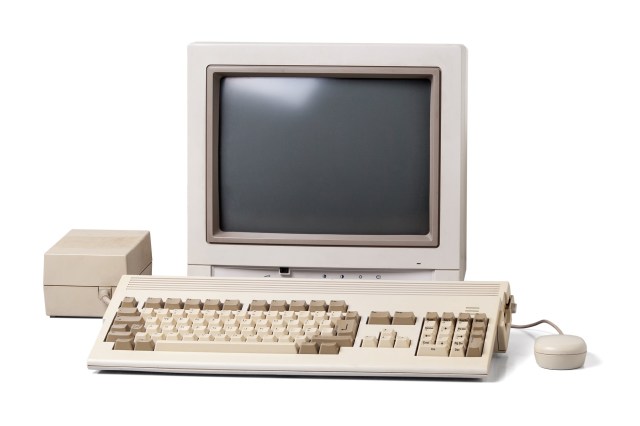Avoiding Common Mistakes: Tips for Successfully Upgrading Your PC Hardware
Are you looking to give your PC a performance boost? Upgrading your hardware can be an effective way to enhance your computer’s speed and capabilities. However, it’s important to proceed with caution and avoid common mistakes that can lead to costly errors or compatibility issues. In this article, we will provide you with some valuable tips for successfully upgrading your PC hardware.
Do Your Research
Before diving into the world of PC hardware upgrades, it is crucial to do thorough research. Start by identifying the specific components that need upgrading. Is it the CPU, RAM, graphics card, or storage device? Understanding what needs improvement will help you make informed decisions and avoid unnecessary expenses.

Furthermore, take the time to read user reviews and compare different brands and models of hardware components. Pay attention to compatibility requirements with your existing setup, such as socket types or power supply requirements. By doing so, you can ensure that the new hardware will seamlessly integrate into your system without any hiccups.
Set a Realistic Budget
Upgrading PC hardware can quickly become costly if not properly planned. It’s essential to set a realistic budget before starting the upgrade process. Consider how much you are willing to spend on each component and prioritize based on your specific needs.
While it may be tempting to go for top-of-the-line hardware options, keep in mind that they often come with a hefty price tag. Analyze your requirements carefully and opt for components that strike a balance between performance and cost-effectiveness.
Additionally, consider future-proofing your PC by choosing components that are compatible with upcoming technologies or have room for future upgrades. This way, you won’t find yourself needing another upgrade sooner than expected.
Ensure Compatibility
One common mistake when upgrading PC hardware is overlooking compatibility issues between new components and existing ones. To avoid this, make sure to cross-reference the specifications of your current setup with the requirements of the new hardware.
Pay close attention to factors such as socket types, form factors, power supply connectors, and supported interfaces. Failure to ensure compatibility can result in a non-functional or unstable system.
If you are unsure about compatibility or lack technical expertise, seek advice from experienced professionals or consult online forums dedicated to PC hardware upgrades. Their insights can help you avoid costly mistakes and save you from potential headaches down the line.
Take Precautions and Backup Data
Before embarking on any PC hardware upgrade, it is crucial to take precautions and backup your important data. While most upgrades should not affect your files directly, unforeseen issues can sometimes arise during the process.
Create a backup of all your essential documents, photos, videos, and any other valuable data onto an external storage device or cloud service. This way, even if something goes wrong during the upgrade process, you can restore your files without losing anything important.
Moreover, it is recommended to create a system restore point or make a complete system backup before initiating any significant hardware changes. This will allow you to revert back to a stable state in case of compatibility issues or other unexpected problems.
In conclusion, upgrading your PC hardware can greatly enhance its performance and capabilities. By following these tips – doing thorough research, setting a realistic budget, ensuring compatibility, and taking precautions – you can successfully navigate the upgrade process while avoiding common mistakes. So go ahead and give your computer the boost it deserves.
This text was generated using a large language model, and select text has been reviewed and moderated for purposes such as readability.


